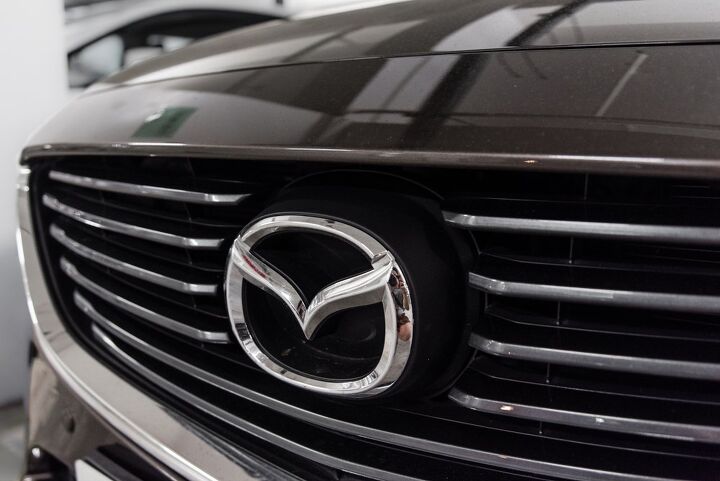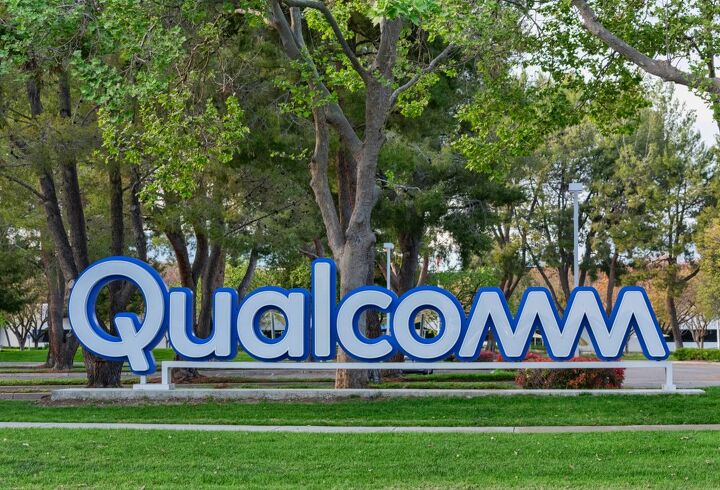#5G
Whoops: Some Seattle-Area Mazdas Are Stuck Listening to NPR
There’s a gaggle of Mazda owners in Seattle, Washington, that have reportedly been stuck listening to National Public Radio (NPR) over the last few weeks. The manufacturer has addressed the problem, saying the local affiliate had broadcast images files with no extension causing an issue on some 2014-2017 Mazda vehicles with older HD radio software. This effectively bricked the infotainment system on some vehicles, locking them into listening to NPR and out of literally everything else.
Report: The End of 3G Could Leave Your Vehicle With Fewer Features
When people started burning down 5G towers in fear, the practice seemed a little misguided. But if you happen to be the owner of a connected automobile, there’s a chance you’ll be wishing enough of them had been taken down to delay those low-latency spires from becoming the default broadcasting network.
While you were probably aware that 3G cellular networks will be shut down in the U.S. next year so the telecom industry can focus in on 5G, you may not have been hip to the fact that this could totally nullify the connected features inside of your car. Unfortunately, loads of automobiles manufactured the early days of phone pairing and internet integration won’t be able to make the journey into 5G like the new phone or tablet you purchased. Worse yet, there are even some modern vehicles that are about to become a lot less feature rich with companies that have no intention of offering updates.
Cash in Your Chips: Automakers Ask FTC to Seek Appeal After Losing Qualcomm Case
Frequently on the cutting edges of technology, the automotive industry has been slamming chips into vehicles to facilitate communications ever since General Motors launched OnStar back in 1996. This evolved into cars boasting reliable navigation systems and remote vehicle diagnostics until they literally started becoming mobile internet hot spots.
Now the industry wants to further ingrain connectivity by equipping all vehicles with 5G — opening the road for new features and the ability to harvest your personal data more effectively.
This has required deals with tech chip manufacturers like Qualcomm, which requires companies to sign a patent license agreement before actually selling any of its hardware or software. But regulators around the globe worried the practice may be monopolistic, violating antitrust laws. The Federal Trade Commission (FTC) brought a case against the business in 2017. Despite winning that case in 2019, a U.S. appeals court overturned the decision earlier this month, deciding Qualcomm could continue conducting business as usual. Now, tech companies (mainly Qualcomm rivals) and a gaggle of automakers are urging the FTC to seek an appeal following the loss.


















Recent Comments